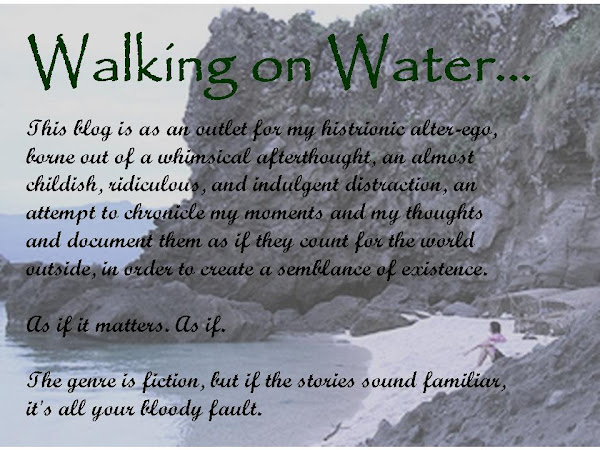Today, I want to believe in divine justice. I want to believe that the universe keeps a quiet ledger, that the good we put into the world comes back to us, and that evil eventually devours itself. I want to believe that those who toil under the sun, breaking their backs and sacrificing their dreams, will one day reap what they have sown.
But lately, that belief has been difficult to hold.
I have been watching old Kara David documentaries that leave me gutted. Children smashing glass bottles so they can sell the shards and take home fifty pesos a day. Agta kids diving into freezing waters in the middle of the night for pugita, splitting four hundred pesos among nine of them. The children of sakadas laboring under the heat of the noontime sun, earning thirty pesos to buy rice for the family. It is poverty so stark it has no poetry, no silver lining, no redemption. Just survival.
And then, in the same breath, the news parades the “success stories” of people now embroiled in billion-peso infrastructure scandals. Ghost projects. Substandard flood walls. Billions siphoned away from funds meant to protect the most vulnerable. These same people are filmed stepping out of luxury cars (which they bought because they like the umbrella or the wine glass), displaying their bags, their watches, their lives of excess. And they call it wit. Strategy. Business acumen. Media even sells it as something aspirational, an inspiring “rags to riches” tale for Filipinos who have been working honestly, grinding quietly, and still barely making it to the next day.
It is devastating, this betrayal.
I want to believe that there is a cosmic reckoning. That the ones who steal from the poorest among us will suffer, that they will taste despair so sharp they will wish for death. I want hell to exist, and for it to start early for those who profit from the hunger and broken dreams of others.
I want divine justice to be real. I want the universe to intervene, to hurl its thunderbolts and demand penance from those who rob us blind. And yet, I also know that divine justice, if it exists, is slow. Sometimes it never comes.
Which means the weight falls on us. If heaven does not intervene, then perhaps it is our responsibility here on earth to choose better, demand better, be better.
Because corruption does not begin with billion-peso scandals. It starts small, quiet, almost invisible. It is the little unethical acts we normalize until they snowball into systemic decay. A pharmaceutical grant in exchange for prescriptions. A shortcut offered for a favor. A “gift” accepted because “wala namang mawawala.” These things seem harmless, but each one chips away at our collective integrity until we wake up in a country where stolen billions barely shock us anymore. Corruption does not exist only in government. It exists in our own lives, and thrives wherever we allow convenience to trump conscience.
Corruption pervades every layer of society because we allow it to. And if we keep excusing it saying “wala namang masama,” “normal na ’yan,” “lahat naman gumagawa niyan”, then we are part of the same machinery that breaks this country apart.
Divine justice will come someday, I am sure of this. But we don't have the luxury of time to wait. The reckoning must begin with us. We need to examine our own lives. We must examine our own ranks, whatever profession we belong to, whatever job we hold. We need to stop normalizing small acts of dishonesty, to stop glorifying ill-gotten wealth, and to teach our children that success without integrity is hollow. Because if we don’t, the cycle continues. Our people continue to suffer, while the corrupt build their kingdoms above our silence.
And finally, we need to demand accountability. We need to seek transparency. We need to remind our government officials who they are supposed to serve. We need to show them that those who are corrupt suffer the consequences. It doesn’t take divine justice. It only takes a people who refuse to stop watching, who refuse to forget, and who refuse to forgive.


No comments:
Post a Comment